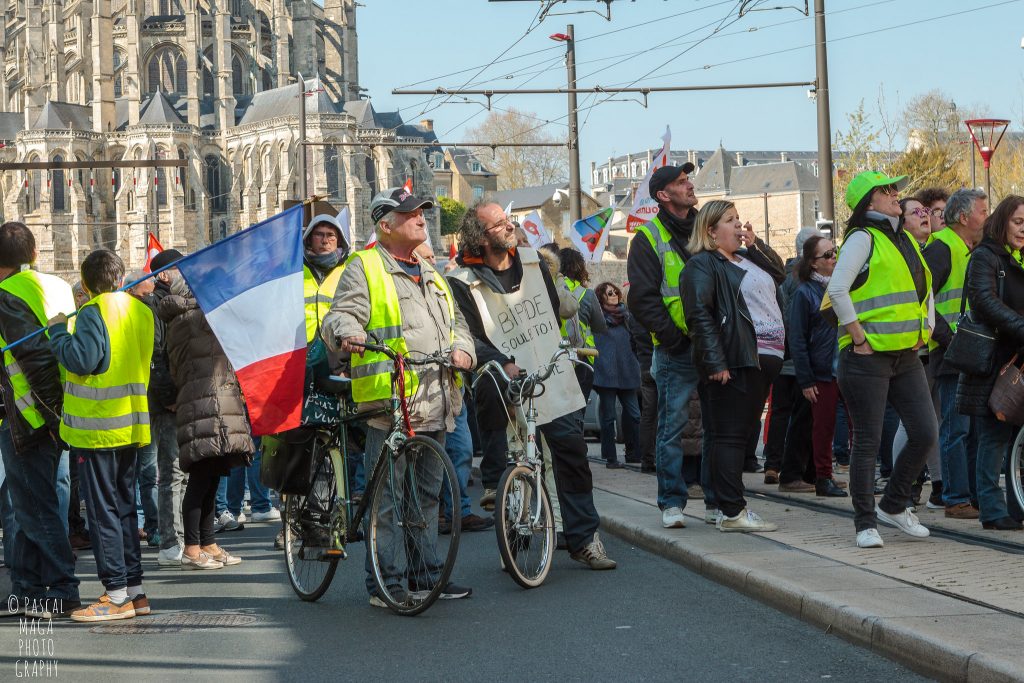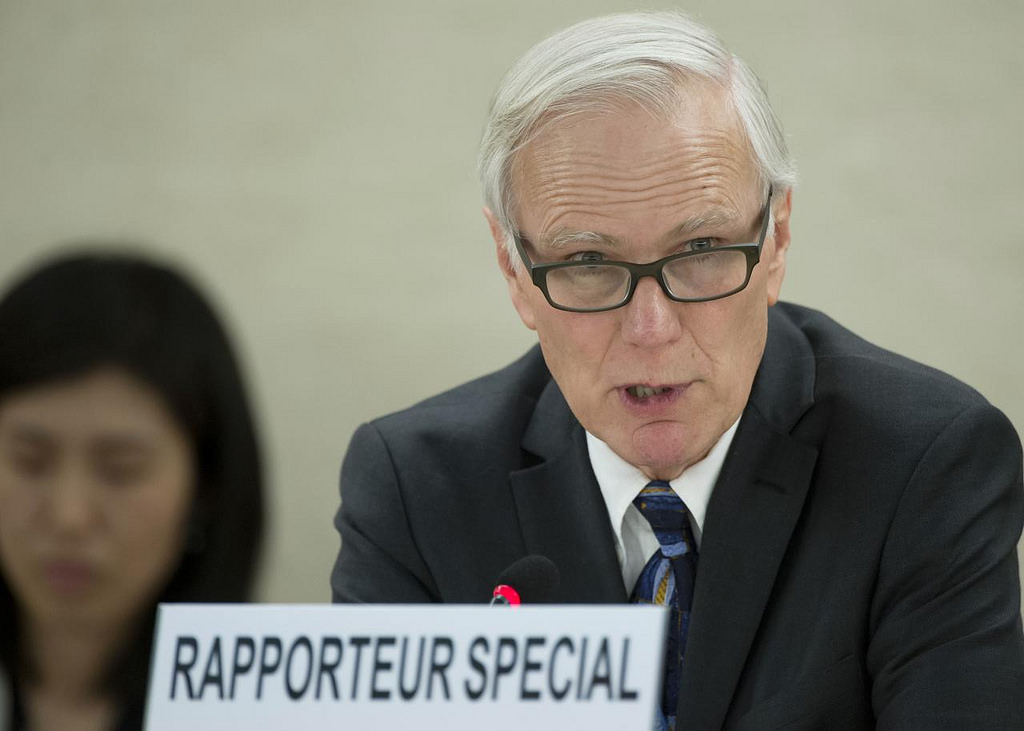The UK’s poorest will suffer most from the “catastrophic” consequences of climate change which threaten to undermine basic human rights and democracy unless the government takes “drastic action”, according to UN expert Philip Alston.
The Special Rapporteur for Extreme Poverty and Human Rights has today (June 25) released a report setting out the “immense, but largely neglected” impact that climate change is having on human rights globally.
He fears that more than 120 million people worldwide could be pushed into poverty by 2030 even if the current “unrealistic” target of a 1.5 degree global temperature rise by 2100 is met.
Speaking to RightsInfo about the impact on human rights nationally, Mr Alston said: “In the UK, as elsewhere, the poor will suffer by far the most.
“They are least able to relocate, to afford to protect themselves, to pay more for food and housing.”
Climate change related events such as flash floods, coastal flooding, wildfires, infectious disease, extreme heat and pollution pose significant threats to the right to life, protected in Article 3 of the United Nations Declaration of Human Rights, Mr Alston states in his report.
He also identified the rights to housing, food and water – protected in the Convenant of Economic, Social and Cultural Rights – among others as likely to be at stake.
“I’m also very worried that the fundamental disruptions that [climate change] will cause threaten civil and political rights and even democracy,” he told RightsInfo. “We have seen the difficulty in France of trying to reach agreement on climate-related taxes, and the upheaval in Oregon at present.
“These are relatively minor harbingers of the sort of heated battles that are going to erupt in many countries unless governments begin to take strong action now.”
France has endured more than seven months of disruption at the hands of yellow vest protestors. Their movement was sparked off by anger at a hike in the cost of diesel fuel, but has since evolved to support other causes.

Image Credit: Pascal Maga / Flickr.
Mr Alston’s report criticises the responses of governments and the human rights community to the threat of climate change so far as “woefully insufficient”.
“Most human rights bodies have barely begun to grapple with what climate change portends for human rights, and it remains one on a long laundry list of ‘issues’, despite the extraordinarily short time to avoid catastrophic consequences,” he said in a statement.
However, he welcomed the Extinction Rebellion protests which took over the UK and prompted Parliament to declare a climate emergency as a “positive development”.
Increased flooding, more heatwaves, drought, food supply disruptions, and changes in many traditional ways of doing things are all inevitable in the absence of much more drastic steps being taken.
Philip Alston, UN Special Rapporteur
Speaking to RightsInfo on the UK context, he added: “Parliament has declared a [climate change] emergency and the [government] has adopted a mildly ambitious program for adapting.
“But increased flooding, more heatwaves, drought, food supply disruptions, and changes in many traditional ways of doing things are all inevitable in the absence of much more drastic steps being taken.”
A spokeswoman for the Department of Business Energy and Industrial Strategy highlighted that the government has introduced a legally binding net zero target to end the UK’s contribution to global warming entirely by 2050. It has also committed to phasing out coal entirely by 2025, she added.
Earlier this year the Special Rapporteur published a scathing report on the impact of the government’s policy of austerity since 2010 on the country’s poorest, accusing it of “a harsh and uncaring ethos”.
The Department of Work and Pensions rejected his findings, however, with former Home Secretary Amber Rudd lodging a formal complaint to the UN.







